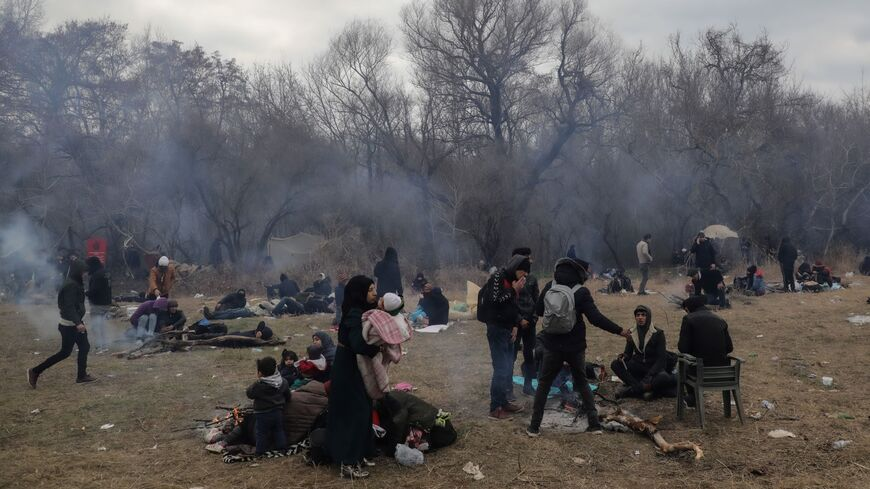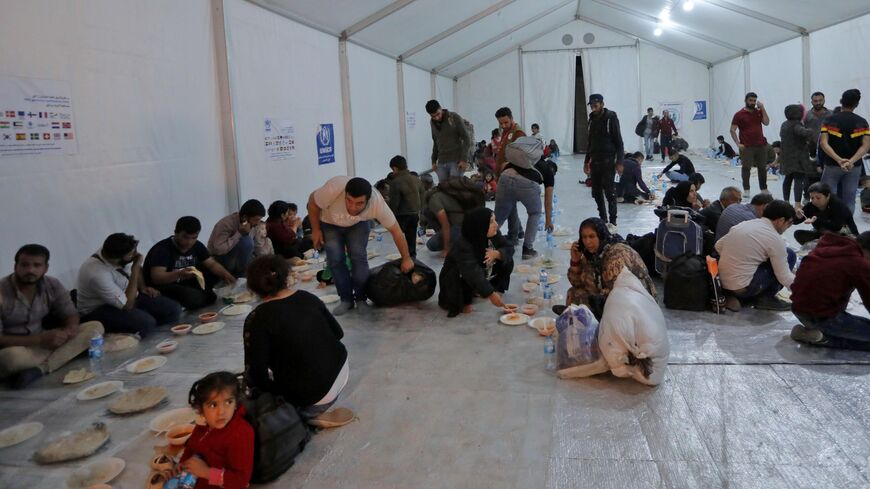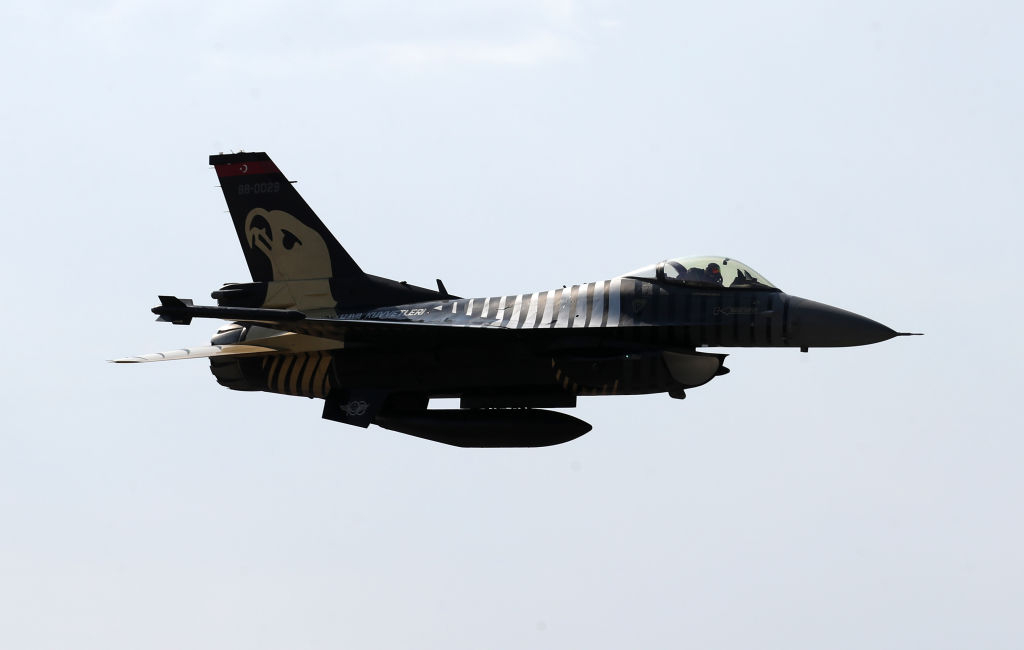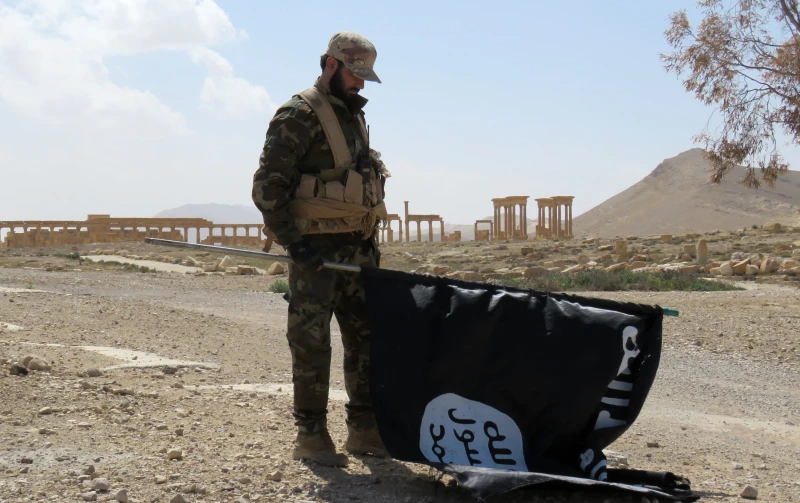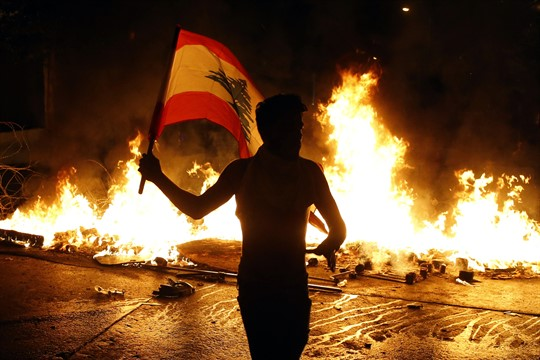IMF: Oil producers better prepared for Ukraine-related economic downturn
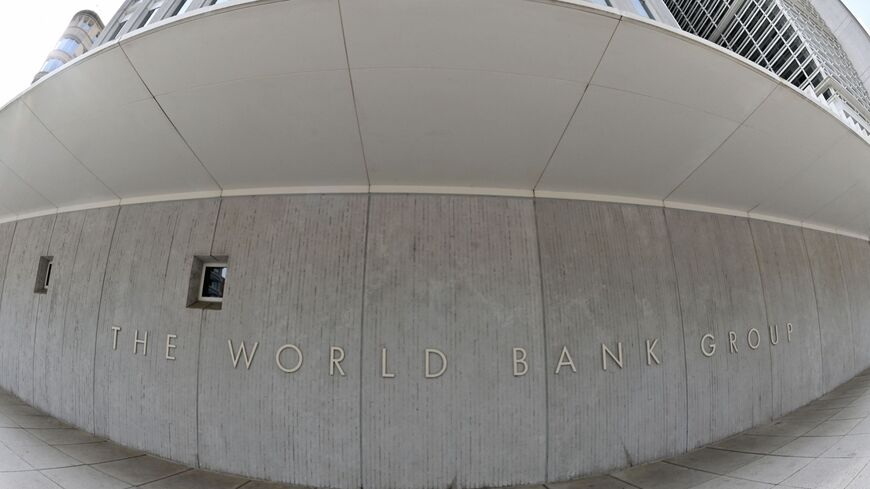
The International Monetary Fund’s report also highlighted currency depreciation in Egypt, economic effects of the war in Yemen and Jordan’s fledgling tourism sector.
The International Monetary Fund (IMF) released its economic outlook for the Middle East today. The report from the DC-based financial institution highlighted the economic effects of the Russian invasion of Ukraine on the two regions. Global commodity prices have surged in response to the war, particularly those of oil and wheat.

